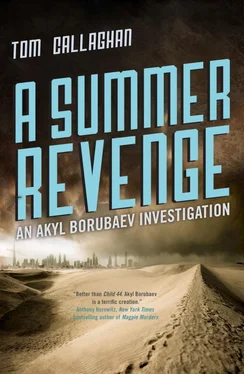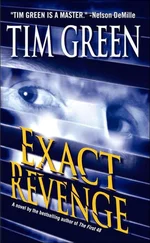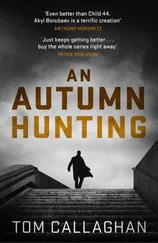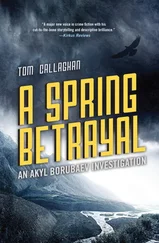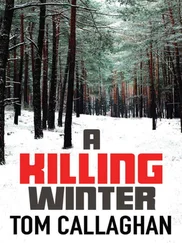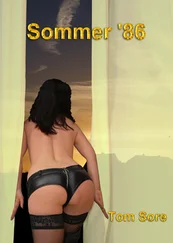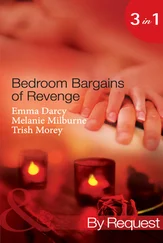Tom Callaghan

I can’t tell any more
Who’s an animal, who’s a person,
Or when the execution’s due.
Anna Akhmatova
I’d smelt violent death before, that sour mix of blood, urine and fear bubbling away like some vile soup. Having been an inspector in the Bishkek Murder Squad, there was no way I could avoid it. Stabbings, shootings, murder by bottle, bullet or boot, I’d smelt them all. The stink settles into your clothes, your skin, your soul; nothing ever fully washes it out. And no matter how many times you smell death, you never become used to it.
I pushed the door open a little further, hoping the only other person in the room was the one no longer breathing. The man’s body was huddled in the far corner, the other side of a double bed, as if he’d tried to take shelter from his death. I turned on the light, wished I hadn’t. The large abstract painting on the wall had been created by long scarlet smears and splashes someone had turned into letters. It looked like a child’s first attempt at writing, as if the finger dipped in blood was unused to the Cyrillic alphabet we Kyrgyz use.
SVINYA . Pig. Short, sweet, and from what I’d learned earlier, accurate.
I walked over toward the body, crouched beside the corpse. It wasn’t hard to tell where the red ink had come from. The man’s eyes, ears and tongue were missing. Well, not missing, just not attached to him anymore, but scattered across the tiled floor like abandoned rubber toys. The wounds gaped like ugly open mouths, the sort that yell and swear and sneer.
A punishment killing? This will teach you not to see, hear or talk about our business? Perhaps, but that didn’t explain why someone had scrawled SVINYA above the body. That seemed personal, an epitaph or a proclamation.
There’s something depressingly familiar about most murders, the unmistakable way the body sprawls as if all its muscles had snapped at once. A lifetime’s energy and ambition, dreams and anger, gone without trace. No wonder it’s hard to believe life is anything more than a series of random collisions, with one final inevitable crash.
I touched the man’s cheek. Cooling, but still warm. Hard to tell how long he’d been dead with the stifling summer heat in the room. Back in Bishkek, I would have waited for the crime scene people, for the ambulance. Not here. I couldn’t tell whether the mutilations were post-mortem; I hoped for his sake they were.
I wondered why none of the man’s neighbors had heard anything; there must have been some sort of scuffle. No one noticed someone arriving at the apartment, no one heard screams?
I gave the room a swift search, hoping to discover what I’d come for. I pulled open drawers, hunted through the wardrobe. Finally I found it, taped to the underside of the bedside table. The bluing looked worn, and the metal had scratches down one side. But it was a Makarov, loaded, just as I’d requested. I didn’t open my wallet to pay. It wasn’t as if he needed the money.
I took a final look at the body, to see if there were any indications of what had killed him. That was when I spotted it, a small puncture mark on his neck, bruised as if someone untrained had jabbed him with a syringe. If he’d been drugged, that would explain why there’d been no noise. I guessed toxicology reports would confirm that, although I wouldn’t be around to read them.
I dropped the gun into my pocket. I wasn’t going to call the police, leave an anonymous tip. The hot weather would make the body’s presence known soon enough.
I took the stairs rather than the lift, a rule I do my best to always keep. Stairs give you a couple of options, lifts give you none. And if there’s somebody with a gun or a knife, they’re ready and waiting for you when the lift doors open. I used my shoulder to push open the bar on the fire escape door, strolled out into the night, hands in my pockets. Another rule: people notice you if you’re furtive, so pretend you haven’t a care in the world.
I walked on for about half an hour, turning left or right at random until I came to the creek, where I sat down and watched the wooden boats moored up four deep. The sluggish black seawater lapped and spat against the stonework. The slight breeze smelled of curry and salt and petrol fumes. In the distance on the other side of the water, the towers of the city sparkled and shone. My shirt was soaked with sweat, my hair plastered to my forehead. Even a Bishkek summer is never this hot, and I felt blistered, worn, as well as jet-lagged after the cramped four-hour flight.
I wondered whether I should simply return home, knew it wasn’t an option. If I failed, the man who’d sent me here would pour never-ending shit on my head. Since I’d left the police force, I was now officially “little people,” which meant I was powerless against state bureaucracy, let alone a vendetta from a government minister. For only the four-hundredth time I debated whether resigning had been the right move, whether I should have stayed where I was, doing what I did best. Solving murders, catching killers.
I lit a cigarette, stubbed it out; adding to the hot air already filling my lungs wasn’t a great idea. The thought of a cold beer was appealing, but I’d given up alcohol completely after my wife Chinara’s death the previous year.
From somewhere behind me, the midnight call to prayer sang out from the minaret of a nearby mosque. All my life I’ve heard the adhan ; though I’m not a Muslim, I’ve always found it a haunting sound, especially at night. So I listened as the muezzin’s voice spilled like honey out over the water and merged with the whisper of tides, the creak of wooden boats. I waited until the final notes faded away, turned to walk back to my hotel.
I needed to think about the mess I was in up to my neck. And what I was going to do about it, alone, uncertain, in a city so alien I might as well have been on another planet. I was in Dubai.
A week earlier, late one evening, I’d been summoned to meet my old nemesis, the Kyrgyz Minister for State Security, Mikhail Tynaliev. We had a curious relationship, considering most people who challenge Tynaliev end up regretting it, often from inside a shroud.
Initially, I’d done him a service, finding the man who’d organized the butchering of Tynaliev’s daughter, Yekaterina. The minister had taken on the role of judge and jury, and no one ever uncovered the body. Then I did him a disservice by ignoring his orders and killing Morton Graves, a connected foreign businessman, pedophile and murderer. So I wasn’t at all certain I wasn’t going to end up in Bishkek Penitentiary One, sharing an overcrowded cell full of people I’d helped put there.
There’s a story Stalin would summon his ministers and generals in the middle of the night, sending a car to fetch them. Turn left and into the Kremlin, and you were escorted into Uncle Joe’s presence. Turn right, and an execution basement in the Lubyanka was your final destination, your trousers stinking with your fear. I knew the feeling.
The driver of the car sent to pick me up had told me to bring my passport, refused to say another word on the drive to Tynaliev’s town house. Motion-controlled lights turned the air blue-white, and the armed guard at the sentry gatehouse kept a keen eye on us as we parked.
Читать дальше
